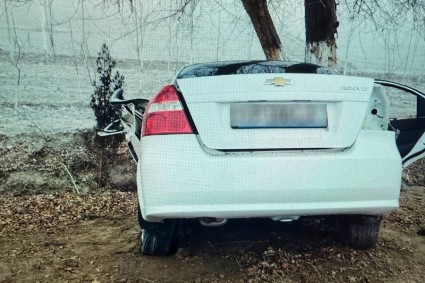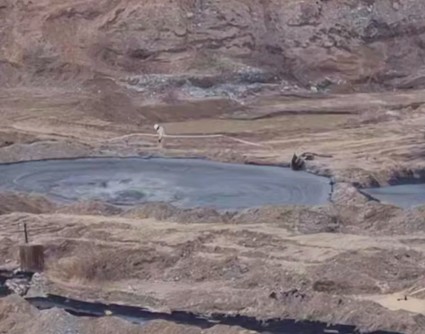President Shavkat Mirziyoyev signed the Railway Transport Bill into Law on Wednesday. The current Law was adopted in 1999 and does not meet modern trends, many terms are outdated or not reflected in the Law at all, the Senate highlighted. The new document "reflects the railway transport system in accordance with the requirements of the modern market model".
The Law is aimed at deepening economic reforms, creating conditions for doing business in the transport sector, widely attracting foreign investment and improving international cooperation in the field of railway transportation.
In addition, the procedure for using public railway infrastructure and the activities of the infrastructure operator have now been regulated, and the rights and obligations of carriers are established.
The introduction of the concept of "car (container) operator" is due to the need to develop competition in the market of railway transport services, attract private investment to update the rolling stock, which has exhausted its technical and technological resources.
To date, the owners (proprietors) of infrastructure, railway transport and other means are more than 43 ministries and departments, their enterprises, as well as entrepreneurs working in this area. All of them are directly involved in the transportation process and are obliged to ensure the safe operation of railway facilities and the safety of transportation.
The Law provides for the basic requirements for safety in railway transport, while liability for ensuring the safety of transportation shall be assigned to enterprises providing the transport process and carriers.
The Law gives carriers the opportunity to independently set tariffs for railway transport based on market principles (except for tariffs for ordinary trains, which the state will continue to regulate). In particular, state regulation of prices for services for the provision of freight cars, transportation of passengers in high-speed and high-speed trains is terminated, and a regulation mechanism based on market principles is introduced.
The Law includes provisions regarding compensation for losses and damages to the rail carrier. In particular, a procedure is being introduced for compensation from the state budget for losses arising from domestic transportation with ordinary trains, the prices for which will continue to be regulated by the state (with the exception of the transportation of passengers on high-speed and high-speed trains).
The state will regulate tariffs for the following services within the framework of public transport and public routes in domestic traffic:
- railway infrastructure services;
- locomotive traction services;
- passenger transportation (except for high-speed and high-speed trains).
Regulated tariffs should be formed taking into account economic feasibility (cost, required profit to ensure break-even, as well as the costs of maintaining the enterprise, developing and modernizing public rail transport), as well as transparency and predictability, ensuring the development of a competitive environment.
Discounts are not provided for the transportation of goods within Uzbekistan, and for international transportation they are established within the framework of international agreements. At the draft stage, it was proposed that the Cabinet of Ministers would be able to provide discounts on certain types of freight transportation.
The Law defines specific areas for attracting investment in the development of railway infrastructure, clearly indicates the sources of financing for the construction and reconstruction of public and non-public railways, as well as railway stations.
Facilities and land plots related to railways (stations, rolling stock, public and non-public rail transport) may be transferred to private businesses for construction, modernization and management under a public-private partnership (PPP). These facilities are transferred on the basis of lease, ownership or use for the duration of the concession agreement or PPP.
Owners of non-public railway tracks (branch owners) may provide services for a fee, such as passing, parking, supplying and removing wagons and containers, operations for receiving, loading and unloading, issuing cargo, shunting work, and others. Payment for these services is regulated by competition Law.














